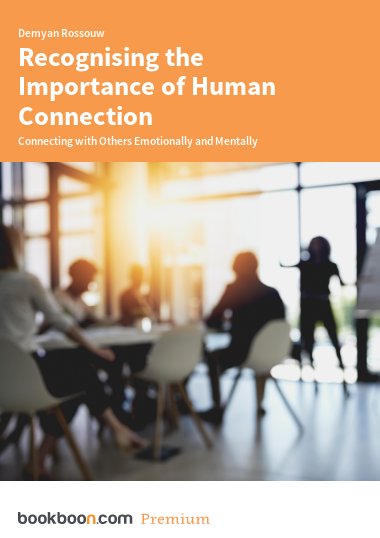Empathy is the ability to identify mentally and emotionally with what someone else is experiencing, whether they are feeling joy or discomfort. It is the ability to comprehend – or at the very least attempt to understand – what another person is facing and use the opportunity to connect with that person.
Empathy is often described as the “social glue”i that helps us connect with others and leads to social cohesiveness. It is the human bond that inspires us to recognise each other as humans. The experience of empathy is also ascribed to the improvement of pro-social behaviour.
We live in a fast-paced, technology-driven, digital world where empathy faces challenges from, in particular, social media. Social media platforms like Facebook, YouTube, Instagram, TikTok and X (previously known as Twitter) create echo chambers where people tend to reinforce pre-existing beliefs. This can exacerbate division between people and groups who have different beliefs, viewpoints and interests. The accompanying de-personalisation, an inevitable consequence of digital interactions, can lead to decreased empathy and increased judgment.
Additionally, it is easy to suffer from compassion fatigue while we live and work in a world of constant uncertainty and global crises.
While at work, we often need to pay more attention to the importance of human connection, particularly in a corporate environment where goals, objectives, deliverables, and performance are the critical elements of how success and productivity are measured. We become hypervigilant and overfocussed on meeting deadlines, deliverables, “the bottom line” and “hitting targets”. In this process, we disregard that other people help us achieve many (if not all!) of these objectives. Every person with whom we are working has needs that they hope will be met. Not only professional needs but emotional ones too. At times, we drive ourselves so hard that we forget that every person matters and their needs matter as much as our own.
We all have an intrinsic need to be recognised, seen, heard, validated, and appreciated. For the vast majority of people, our most important need is to forge a connection – even briefly – with the people we share a space with.
Empathy is the socio-emotional technique we apply in our understanding of and collaboration with other people.
Empathy is one of if not the most important learned skills we could use to connect with the people in our team, with our managers, with our peers, with our customers, and with the people in our personal relationships too. Empathy is when we focus more on someone else’s needs rather than our own. It helps us show solidarity with one another, even with people who have beliefs and values which might differ from our own.
Most of us have an inherent need to connect with others, so we naturally tend to be empathic to other people’s needs. But often we shy away from showing empathy where needed, because we don’t have the skill to offer empathy or because we had some negative experiences when we did show empathy. While empathy has a natural basis in human nature, it still requires skill and effort. Practising empathy requires us to step outside our comfort zones and show a willingness to be open to the often-unfamiliar experiences and perspectives of another person.
If you want to find out more about this topic, please follow this link.


